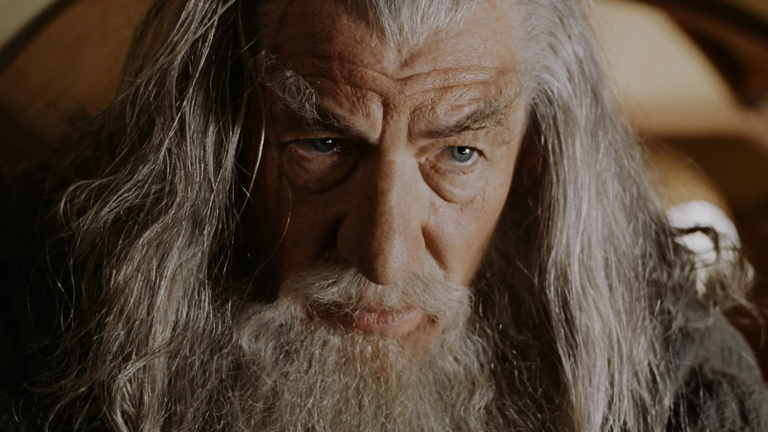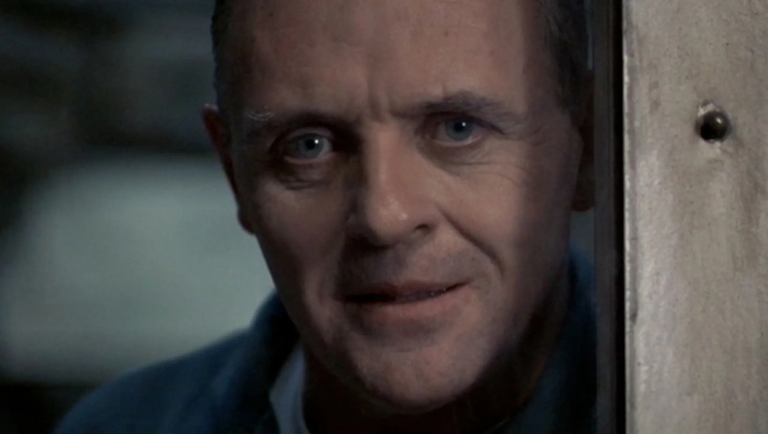Four days off incoming.
At least in Finland, there are days off for Easter, though it isn't the same in many countries. I am looking forward to the time off and perhaps not having too much of a schedule, as it has been a little hectic of late, with illness and workload. So, having some time to just sit around, write a bit, listen to a podcast whilst at the gym or something, would be welcome.
Do you have time off where you are?

This morning, I had a client session and we were talking about AI, robotics, and the continued encroachment into our lives. Because we are lazy by nature, a lot of people don't understand the fundamental threat that automation enacts on our lives as humans, as all we tend to see are the benefits, the convenience, the time saved, the avoidance of the mundane, hard, unwanted work. However, what we don't seem to consider, is what that kind of work actually does for us as humans.
For instance, when we read a novel, our brains create a world of characters, scenery and the interactions between. We even develop emotional connections, and empathy, because we are intimately connected to our thoughts. An entire book can be converted into a self-created world, and then we can pick up another novel in a completely different genre, and create another. The most fantastical things can be imagined.
However, if we then see the movie based on the novel, our visualizations will likely change, where our imagined representations are replaced by the faces of the actors playing the role. Similarly, if we see the movie first and then read the book, those actors will populate our imagination, imported into our own creation, even though they are not ours at all.
What does Gandalf look like?
What does Harry Potter look like?
What does Hannibal Lecter look like?
What has this got to do with automation?
Well, we are visual learners, so in order for us to learn something, we will build a mental simulation of it that represents what we want to understand. For instance, when I was a kid, the problem would be "if you have 5 oranges and eat two, how many do you have left?". Over time however, this has been replaced by being fed the images of the oranges, which lowers the bar to remembering the concept, but does it actually help us learn the concepts better?
There is a difference between knowing and doing.
There is also a difference between understanding and remembering.
A lot of schooling is based on the ability to remember, not the ability to understand and apply. And as a result, there are a lot of people who are coming out of school with good grades, but they don't have the practical awareness on how to apply the concepts they remember to conditions that they haven't seen before. Understanding the concept however, means that even if you swap oranges out for apples, the math is the same.
Being fed the information in easy to absorb formats, may aid our memories, but it is likely costing our understanding, because what we hold in our head, isn't ours. The act of creating for ourselves brings in a sunk cost of time and energy, and connects us emotionally to our creation. But, when information is so readily available as it is now, the value of it is very low in our mind. And, even if we can regurgitate facts and figures, our ability to apply it practically, is heavily reduced.
The conversation started because one of the clients was having the reversing sensor on his car fixed at the time, and he mentioned that driving with it broken made it obvious that he has lost the skills for reversing. After forty years of driving, he has forgotten how to drive, due to all the sensors and aids that protect him.
This might be safer in the context of our roads, but if we apply the same effects to other parts of our lives, what we will likely realize is that a lot of the things that we used to do, have been replaced by some kind of aid, or some kind of professional. What this has done has bitten into our skillset, and while we might not care that we don't know how to fix a leaky faucet, or understand economics, learning these various things tie in together to become a rich tapestry that we draw upon when we are creating solutions to the problems we face. And, they also provide an emotional connection to the solutions we find, or don't find.
We are constantly bombarded with a stream of imagery and content created for us to easily consume, in order to make us feel like we are learning, even though we aren't able to apply what we know at a practical level, making it effectively useless in our lives. However, because we have that dopamine hit we get from "knowing", we ignore that we still are unable to actually do.
More and more, people are turning to various forms of automation in order to "enrich" their lives, because then they are able to perform tasks at a higher level or faster than than they can do using just their own mental and physical resources. Sure, this seems smart, but what is actually happening is a narrowing of skill across the populations, and a homogenization of information, so what people are on average producing, is increasingly average, with less deviation from the mean.
And people feel like they are winning.
What is interesting perhaps, is that in the past, we didn't know what people were thinking, because there was a lot of variation in how people would visualize a concept. Two people could read the same book, but have very different interpretations of the looks of a character. But, the more we consume from the same pool of visual information, the easier it is to predict what another person is seeing.



How'd I do?
Taraz
[ Gen1: Hive ]
We get tomorrow off then the weekend, but we are back to work on Monday. Well, sort of. Our Spring Break starts when the last bell rings today, so while students and teachers will be off all next week, I have to work. I don't really mind though. It's a lot quieter here with all of them gone! The funny thing about rote memorization is that is how it has always been. Even before AI was at our fingertips, so I almost feel like something else has to be held to blame for the lack of critical thinking. Perhaps it is automation in general, but I don't know if I can say that for sure. Maybe we just can't multitask like we used to be able to. Back in the day you could memorize and critically think. Today you can just memorize...
Is Spring break really as crazy as it is portrayed in movies?
The rote memorization in the school system is for sure old, but the way people had to memorize was different. There was more "creative" brain work in the memory process than there is now. More efficient learning aimed at remembering, doesn't mean learning better at a practical level.
It depends on where you are. If you head down south to one of the beach towns it can get pretty crazy. I have never participated in that though. Even when I was younger I was usually busy doing other things on Spring Break. We never really traveled that much outside of camping in the summer.
Do you ever wish you had partied more?
No, not really. I would have likely gotten into trouble.
Lol Taraz you're already thinking too much ahead of the holidays. Wishing you and your family a lazy Easter...🙂
You too. Any plans?
All my family members are around following my Dad's funeral so it's an opportunity to spend time with them
We have off days here and that is only when we are having festivals like Easter and others
Also, reading books connect with our brains and bring sha out imagery. It’s crazy that there are times when I may be thinking about a particular image in my head but when I later watch it in a movie, it is usually different but similar
different, but similar - but never the same :)
We have 5 days off in the second week of April, which is Eid. I am not sure whether I will rest, I will do some hpuse chores or go for a short trip :)
Not a bad time for some Spring cleaning I guess!
Haha, that's why I plan to do.
Get it out of the way!
The big problem is that we are educated or indoctrinated to obey, not to think, not to question. That is why we are taught with the study method of repetition. To form sheep, the truth is that we repeat without understanding anything, but if someone thinks differently, you are a rebel or misfit. We already live in the future in a couple of years, whether we like it or not, artificial intelligence will surpass us in many aspects, not only in speed. Doing a job and that has always been the goal or the dream of making robots to do the jobs for us.
The conditioning is part of it, but the change in the way information is delivered is making the indoctrination process into idiots, far more efficient. Automation is all about creating efficiencies, including in areas that make us more controllable.
Automation is going to keep progressing, and it's up to us to strike a balance. We need to find that sweet spot where we can enjoy the benefits of automation while still cherishing our human experiences. It's all about finding that perfect harmony between convenience and the things that make us uniquely human.
I feel that this is going to be one of the "gaps" between people - those who are able to live a quality human life, and those who are surviving in a world of irrelevance.
I think this is going to happen more and more as Robotics and AI progress even further. Right now, a lot of the young people don't know how to sew buttons, or close a tear. There are many who can't drive a manual transmission. When autopilot for cars is the norm, a lot won't know how to drive.
Dear @tarazkp !
I agree with you!
I think now we feel we understand information by remembering only visual images!
I look at your picture and feel that you are good-looking, but do you feel that you are not good-looking?😄
I actually find myself agreeing to what you said. I think this might be more apparent in workplaces where companies might think of using all these fancy AI/automation tools to replace humans. There could be side effects eventually. But for now, everyone is just heading in that direction.
We started a long weekend and school holidays (latter only affects us now coz no gym).
I don't think the automation will detract that much, people have been dumb since well before that. Perhaps because our education system is all about "learning the right answer" not "understanding the concept" even though they like to pretend otherwise (the teachers might even be trying to teach understanding the concept over memorising the right answer but schools seem to have kpis).